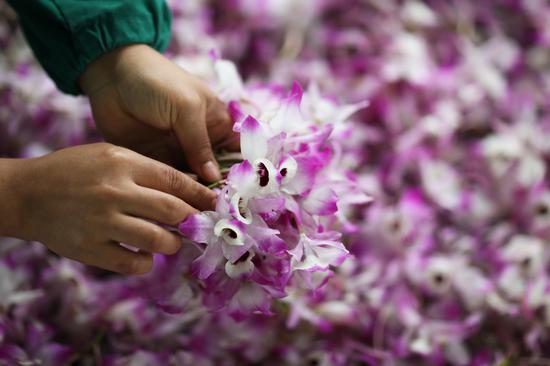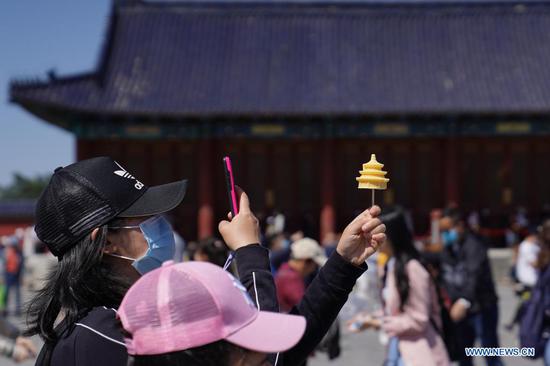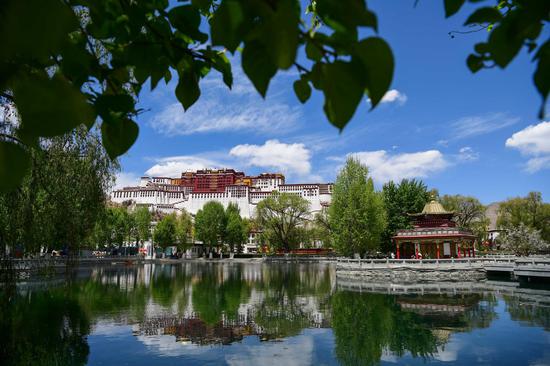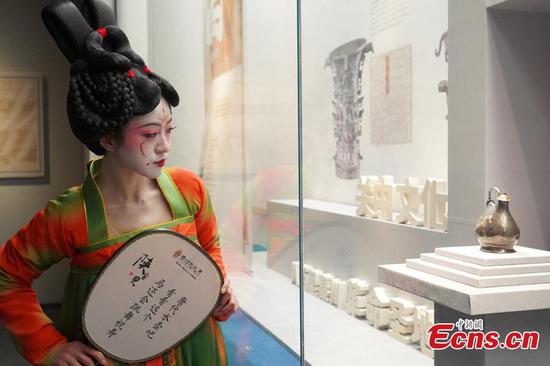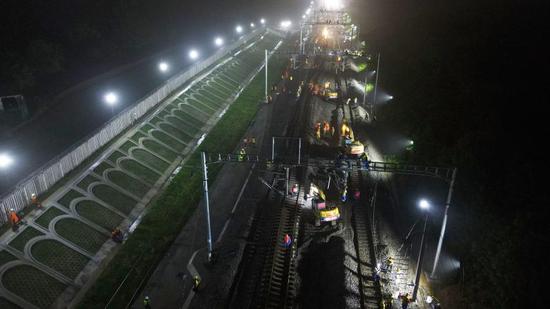
Tourists are seen at a teahouse in the ancient city of Kashgar, northwest China's Xinjiang Uygur Autonomous Region, Sept. 22, 2020. (Xinhua/Zhao Ge)
RAPID PROGRESS IN XINJIANG
"We all feel very happy living in Xinjiang," said Maulanjan Tursun, a food blogger from Kashgar, who asked the writer how he evaluates Xinjiang's development.
"I have visited a lot of countries and regions, but I have not seen such rapid development," Vivas said, noting that Xinjiang's development and progress over the past two years is quite obvious.
"This depends on a series of effective policies and measures, and vocational education and training centers have also played an important role in vocational skills training," he said.
The writer also shared what he saw and heard about in Xinjiang with these young people. "I have seen villagers move from mud huts to new homes with access to water, electricity and Internet service."
In his book, Vivas mentioned an encounter with a 41-year-old farmer who, with the help of the local government, had set up a small tracksuit manufacturing business and became the head of the enterprise with 80 employees. With her own income and government scholarships, she sent her son to study abroad.
"I was invited to a family of former nomads where I ate mouton which was presented in a very delicious way. I was amazed by the dance and music performances of Xinjiang, and the architecture of Kashgar is really remarkable too," he added.
The writer expressed the hope that more Westerners will explore this beautiful place by themselves.
"Next time you (Vivas) come to Xinjiang, we will cook you pilaf and noodles," said the young people.















